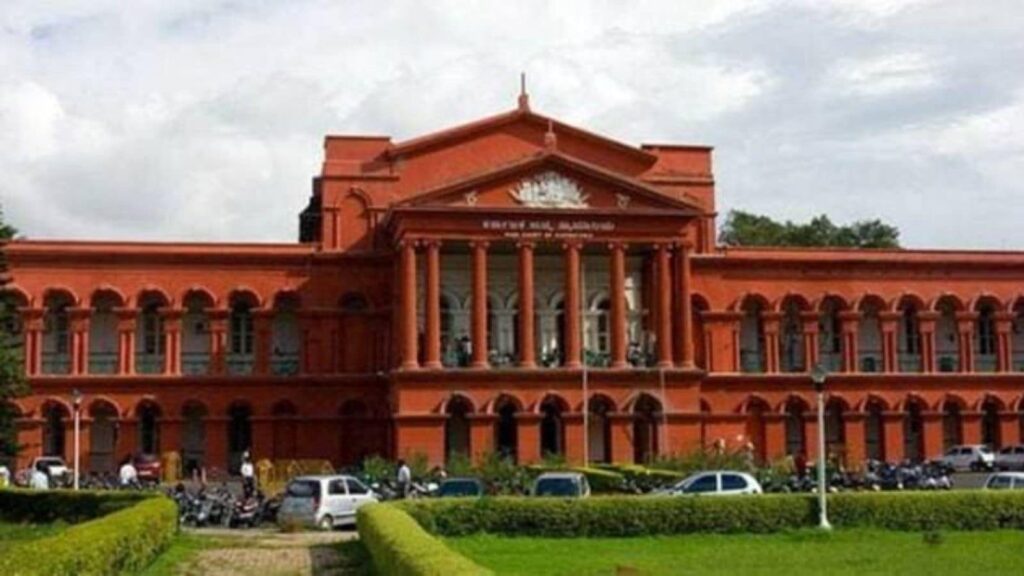A Bill proposed by the state Congress government to bring about amendments to the Karnataka Land Revenue Act, 1964, to address the complicated issue of land ownership in the Kodagu (Coorg) region, has been referred to a select committee of the Legislative Assembly on the request of legislators from the area.
The Karnataka Land Revenue (Second Amendment) Bill, 2025, which seeks to facilitate modern recognition of land ownership by the people of Kodagu under the old Jamma Bane system, was introduced in the legislature on August 21 by Law Minister H K Patil but was referred to the select committee on the advice of Kodagu MLAs A S Ponnanna and Mantar Gowda.
What are Jamma Bane holdings?
The Statement of Reasons for the Bill says, “The system of Jamma Bane tenure is a special form of holding prevalent in Kodagu district, from other classes of land in the state. Historically, these lands have been held and enjoyed on the basis of customary rights by members of joint families, often without clear entries in the Record of Rights.” It added that with the passage of time, complications have arisen in maintaining accurate records of ownership, inheritance, survivorship, and alienations pertaining to Jamma Bane holdings.
“In particular, the absence of explicit provisions in the Karnataka Land Revenue Act, 1964 (Karnataka Act 12 of 1964), to record the rights of joint family members in such holdings has led to difficulties in mutation, registration, inheritance and maintenance of revenue records,” says the Bill which was drafted at the instance of the state Revenue Minister Krishna Byre Gowda – following a study of the Jamma Bane land holdings in Kodagu.
“Numerous disputes have emerged regarding succession, alienation and privileges attached to Jamma Bane lands, resulting in avoidable litigation and administrative delay. It has therefore become necessary to provide statutory recognition of the peculiar nature of Jamma Bane tenure in Kodagu district and to ensure that the rights of all members of a joint family are duly recorded in the mutation and revenue registers,” the Bill stated.
The amendment Bill was intended to amend sections 127, 128, 129 and 130 of the Karnataka Land Revenue Act, 1964, to allow inclusion of particulars of joint family members in the Register of Mutations in respect of Jamma Bane holdings; reporting of acquisition of rights as members of a joint family; empower revenue officers in Kodagu to recognise rights; registration of rights in land records and to “ensure that relevant information relating to family tree, survivorship, inheritance and privileges is furnished”.
“These amendments seek to bring clarity, reduce litigation, and safeguard the rights of all stakeholders in Jamma Bane lands while maintaining conformity with other provisions” of the Karnataka Land Revenue Act, 1964, the Bill stated.
Story continues below this ad
When the Bill was tabled in the Assembly on August 21, minister Patil said the two Kodagu legislators A S Ponnanna, a former state additional advocate general, and Mantar Gowda had expressed reservations about it.
Deletions, corrections needed, says A S Ponnanna
Ponnanna, the Congress MLA from Virajpet, argued that the amendments sought to be introduced through the Bill to provide clarity and recognition for Jamma Bane land ownership in Kodagu were “contrary to what needs to be done.”
“What we want to suggest is that where the heads of the family have no rights, there should be amendments, and where there are rights and the names of the entire family are being shown in documents, it should be amended. There needs to be deletions and corrections,” he said regarding the Bill.
“In Kodagu, the Coorg Land Revenue and Regulations Act, 1899, was in place till the introduction of the Karnataka Land Revenue Act, 1964. Certain provisions of the 1899 Act were continued despite the absence of these provisions in the 1964 Act. This has resulted in problems for the people. These are complicated problems,” Ponnanna said.
Story continues below this ad
“What is happening is that the name of the family head (pattedar) continues in the land records even after death and even after 40 to 50 years of change (of owners). This has been continued as a tradition. This has continued despite the lack of provisions in the Karnataka Land Revenue Act,” he said.
Matter affects future generations: Mantar Gowda
“We seek a committee to examine the various aspects. What is happening in Kodagu is that 50 to 60 family members sign an unregistered document for a land. I would suggest that this document should be considered as a legal document with the opinion of the tahsildar. This affects children and grandchildren,” Gowda, the Congress MLA from Madikeri, said.
“It is a major problem in Kodagu. The land is always held in the name of the original family head. It is a critical issue. A good Bill will be good. The Bill must not further complicate issues,” the BJP Leader of Opposition R Ashoka stated.
“We will refer it to a select committee. Revenue matters in Coorg are very complicated,” Patil said while allowing the matter to be referred to a select committee.
Story continues below this ad
The ownership rights of the people of Kodagu over the Jamma Bane lands in the region was recognised by a full bench of the Karnataka High Court in 1993 in the Chekkere Poovaiah vs State of Karnataka case.
Last year, the high court upheld the Karnataka Land Revenue (Third Amendment) Act, 2011, which gave full ownership rights over the Jamma Bane land in Kodagu to Kodava families.
“It is clear that by way of the amendment what is achieved is to grant full ownership of the land to the Kodava family, including all division holders i.e., all members of the family, in a land which earlier had stood vested in the government and the government was the owner thereof,” the court ruled in a plea where it was argued that the 2011 amendments would violate the land traditions and customs of the Kodava community.

